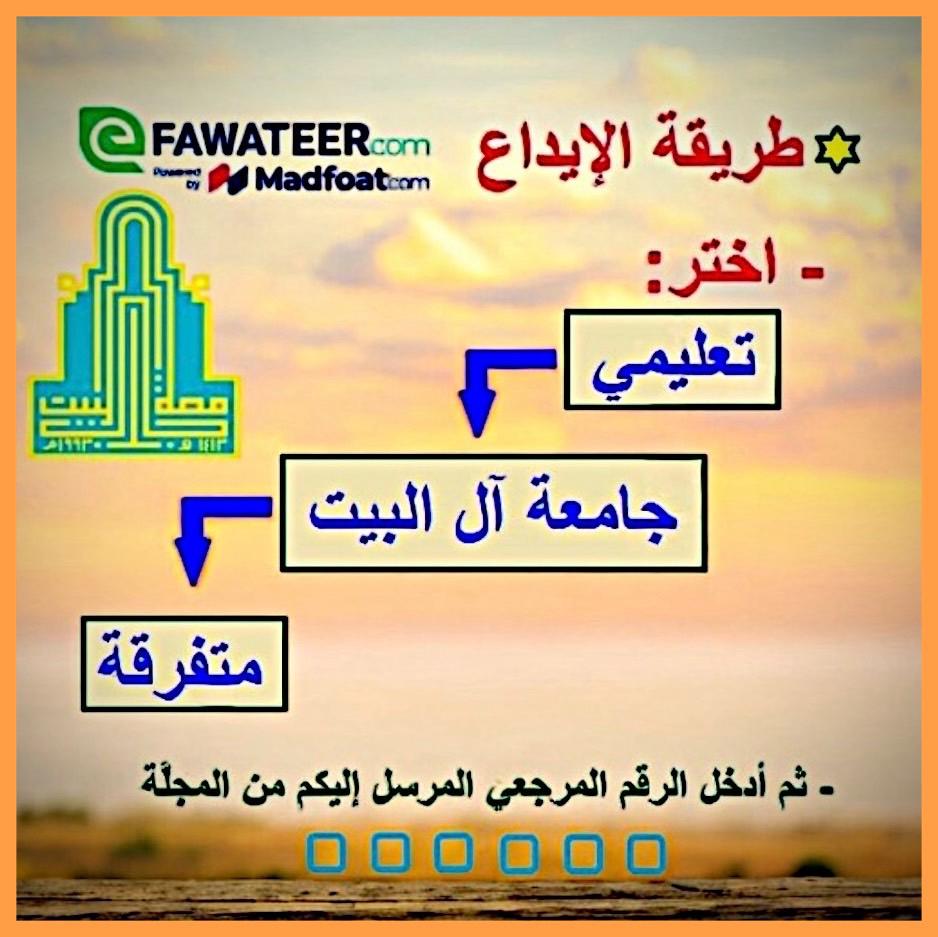The Problematic of the Grammatical Term, its Concept and Subject in “The Councils of Scholars” in the Light of Probing Theory
DOI:
https://doi.org/10.59759/art.v2i1.126Keywords:
Term, Concept, Object, Probing TheoryAbstract
Probing is a theory that serves most of the sciences, and is based on ontological, epistemological, and metalinguistic foundations. It is ontological because it reconsiders existence through six categories called probes, namely: unit, act, relation, condition, emotions, and time. It is epistemological because it analyzes human knowledge in various sciences, discusses the philosophy that stands behind its awareness, corrects its origins on which it was built, codifies the development of its terminology, and provides a mechanism for the precise separation of its overlapping concepts. It is a metalinguistic because it is a new Organon that regulates thinking through a unified language that has a new idiomatic and conceptual apparatus. The Probing theory believes that behind the "term" are complex concepts and multiple problems, and that if we look deeply at it in a probical way based on understanding the difference between the types of probes, the logical relationships that link them, and their relationship to their three worlds (the world of minds, the world of nature, the world of symbols), and their relationship to fields (sciences, knowledge, and disciplines). The scientific addition offered by the Probing theory is to provide an innovative working mechanism to renew Arabic grammar, solve its idiomatic and conceptual problems, and analyze its procedures.
Downloads
References
Wilson, Deirdre, Relevance and the interpretation of literary works, 2012.
Peirce, Charles Sanders, On the nature of signs, 1873 |W 3:66-8.
Peirce, Charles Sanders,Some Consequences of Four Incapacities, 1868 |W 2:223.



